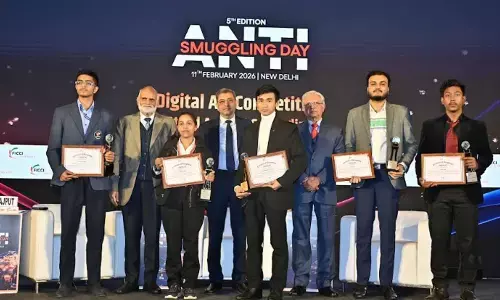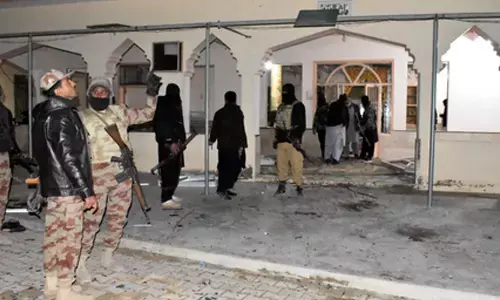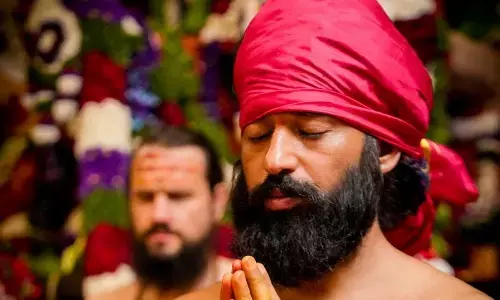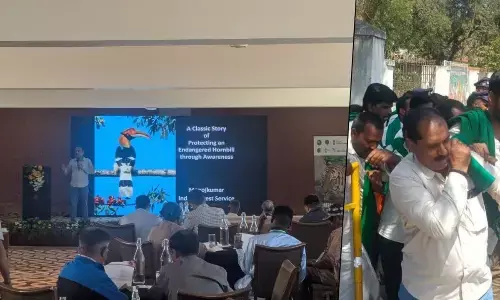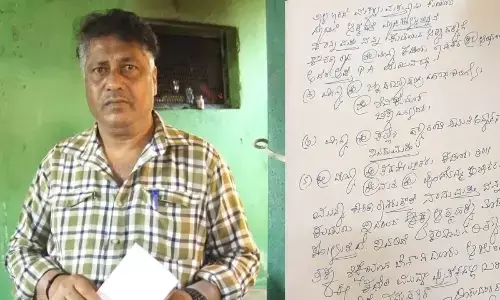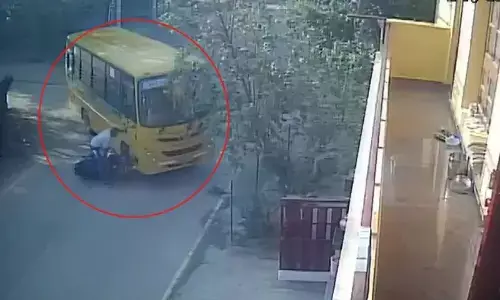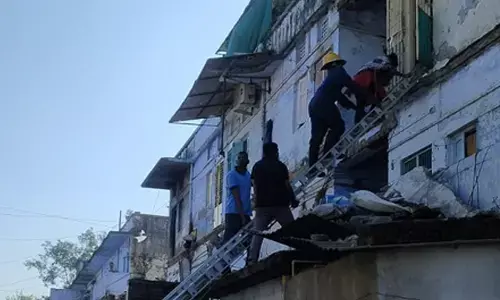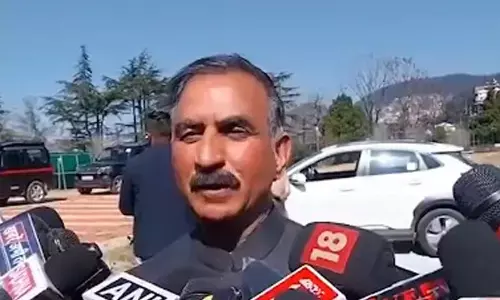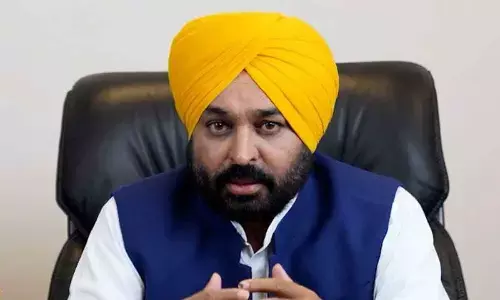India can be New West in just 2 yrs-and how
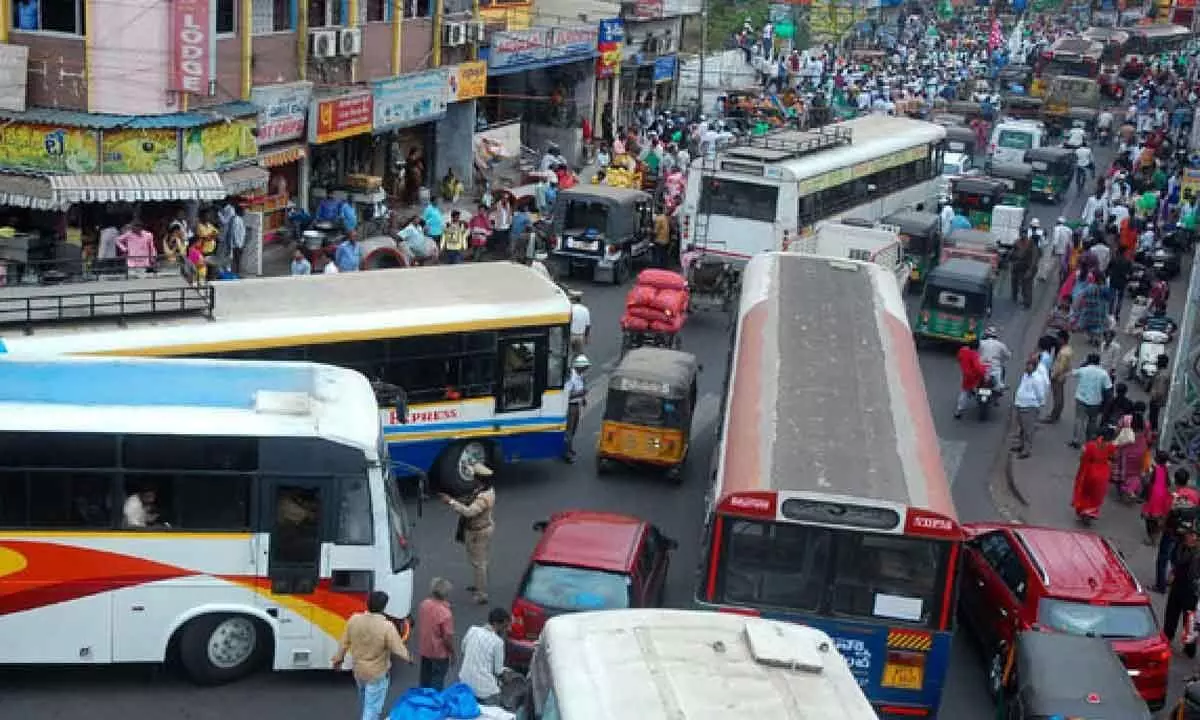
Being brought up and living here for almost two decades
Being brought up and living here for almost two decades, I have very high respect for my country even when I patiently listen to my little cousins in the United States or the GCC countries making jokes on bad roads of India. As I went for vacation on short trips every now and then, I never happened to get bothered about their unwillingness to visit India and stay here. It was this time recently when I went for a vacation to Oman and Qatar that I pondered on this subject.
It was on my 5th day in Qatar when I, with my cousin, drove to education city. All along he was telling me about the roads and other infrastructure there and making comparisons with India whenever relevant. It was this time that I recalled learning about the geographical history of how continents were formed and emerged.
Till today, for me development meant less poverty, high employment rate, military capability (arms and ammunition), education, medicare and sound economy but the scope of development also extends to having cleanliness, good roads and other infrastructure. To think of India to be another West right now is impossible but not unachievable. It may not be exactly just like the West but can we be reorganised on the same lines. And this can only be realised when there is a sense of discipline among all the citizens.
According to a report, Singapore has the world's best road quality, followed by Switzerland and the Netherlands. The network of roads in Oman measures about 60,000 km. Almost, every town in this GCC nation is connected to the network of paved roads. The well-developed roads that lead through the desert and into even more remote wadis (valleys) to connect the metropolitan areas and smaller towns simplify the travel. Apart from the best roads, the traffic-stop button at the signal crossings, traffic regulations patrols, and the different zones make it easier for the roadways to enable hassle-free travel.
Let us take a look at India. The average lane kilometers per 1 lakh people is 7.7 lane km, compared to 49 for Japan and 114 for the US. India has a network of over 62,15,797 km (3,862,317 miles) of roads as of 31st March 2020. This is the second-largest road network in the world, after the United States with 68,53,024 kilometres (4,258,272 miles).
India's intra-city vehicle speed is among the lowest in the world. As per a study by Ola Cabs, in 2017, the average traffic speed in Delhi was 25 km/h (16 mph). Amongst other major cities, the average traffic speed was 18.9 km/h (11.7 mph) in Chennai, 20.7 km/h (12.9 mph) in Mumbai, 19.2 km/h (11.9 mph) in Kolkata, 18.5 km/h (11.5 mph in Hyderabad and 17.2 km/h (10.7 mph) in Bengaluru.
On 19th April, on my way back home from the vacation, blaring horns, never-ending traffic, murky smell in the air – all welcomed me back into my city. Apart from this, I even had to take a detour from the halted road widening works at three places from the airport to home.
Round the year, works are carried out in the form of road widening, laying of eco- friendly roads, re-laying of roads, and construction of flyovers and so on. But why is that there is still no proper road infrastructure and traffic regulation? Is It because of the wrong priorities? The investment made in road network by the states has to be in the proper direction. It is just not enough to carry out development works; rather, it is also important to implement traffic
rules and ensure their compliance.
Onus on whom?
It is the responsibility of the government to take up appropriate action and make it mandatory to comply with traffic rules. It is the responsibility of the citizens also to adhere strictly to the rules framed by the government. People have to get accustomed to the rules in place and for this to happen, there has to be attitude change. To facilitate this, the government can provide some incentives to the people for following the rules.
Along with the roads, there has to be ban on open defecation/urination and littering. The garbage dumps should be demarcated and cleared daily. While relaying roads, the government needs to take up marking of speed tracks in all types of roads, erecting roundabouts at junctions and paving different zones.
Considering the Indian population, comparatively, it is hard to reach the goal of hassle-free traffic. Nonetheless, the smooth flow of traffic can be regulated. This, in turn, will also reduce traffic congestion which can decrease vehicle emissions and increase ambient air quality.
Most importantly, the one thing that impressed me instantly was the metro connects that i used to take from my cousin's house to and fro whenever I travelled in Doha. Many cities in India, including my Hyderabad, are now connected to metro and hence it would be a feast to have free electric metro links all over the country. My question is, can India be the new West in road connectivity and traffic regulation in the next two years and if so, how?


